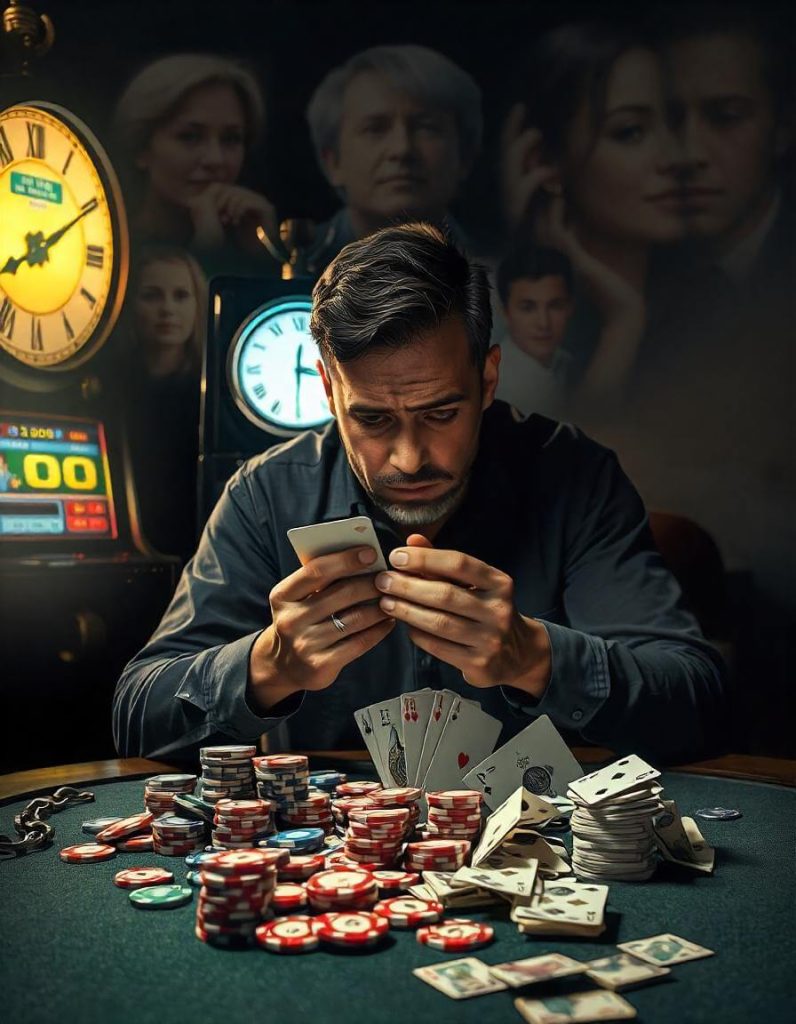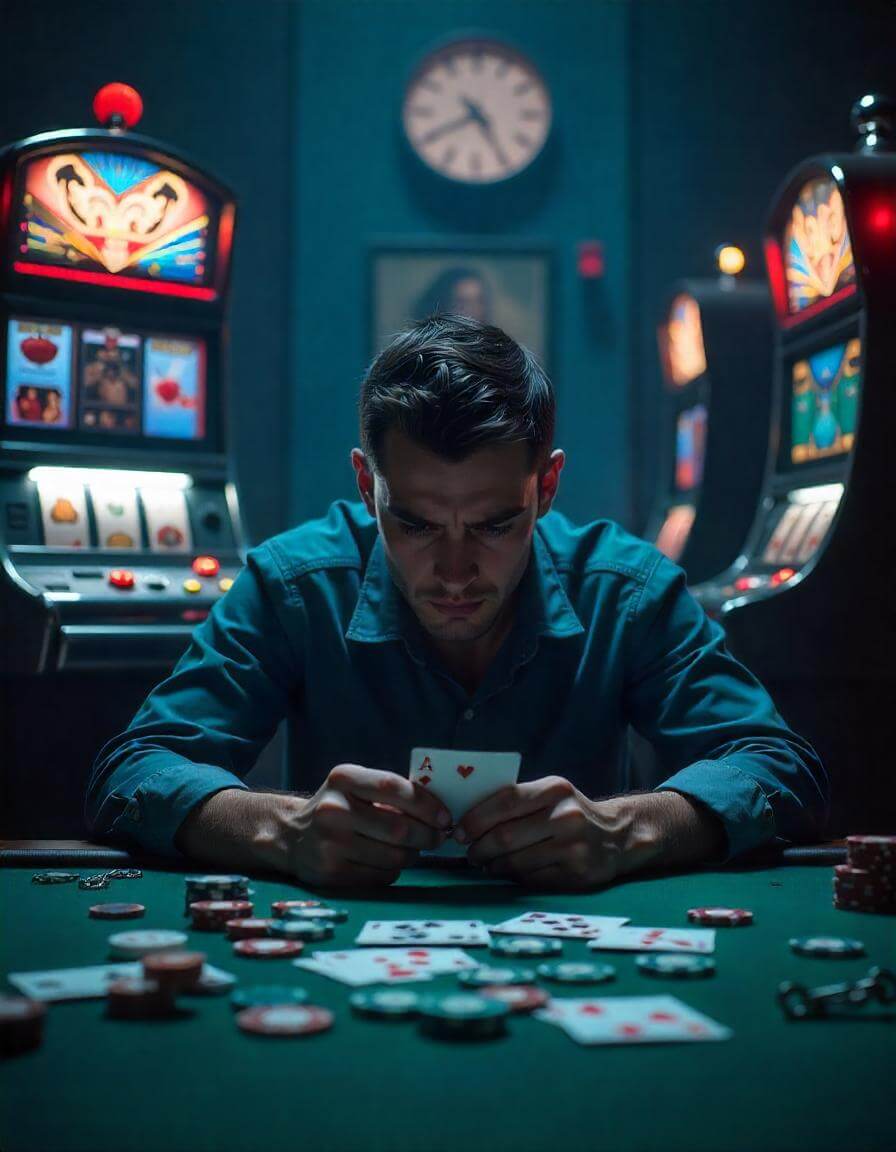Millions of people all over deal with the complicated and often misinterpret able battle of gambling addiction. Fundamentally, it’s about an obsessive loop that may eat someone’s time, relationships, and mental health, not just about money lost or bets made. Let’s have an honest discussion today about what gambling addiction really is, why it develops, and most importantly, how those impacted could find hope and treatment.
How do you Identify Gambling Addiction?
Often referred to as “problem gambling” or “compulsive gambling,” gambling addiction is a behavioral illness in which a person feels an irresistible need to bet independent of the outcomes. Unlike casual gaming, in which participants engage for enjoyment or a social experience, gambling addiction takes control and has terrible personal and financial results.
From fixation with betting to chasing losses, lying to loved ones about gambling activity, and even resorting to illicit activity to pay for the habit, signs of gambling addiction may vary. If any of this sounds similar, realize that recovery is possible and millions of others are traveling the same road.
Why Do People Develop Addiction?
Knowing the brain helps one to grasp gambling addiction. Like drugs or alcohol, gambling drives the reward system in the brain. Dopamine floods over you when you win, producing an irresistible “high.” The hope of a prize drives you back for more even when you lose.
But addiction transcends brain chemistry to be more than that. One could find influence in stress, trauma, loneliness, even boredom. For others, gambling turns into a means of numbing emotional suffering or a retreat from reality. With only a few clicks on a phone, a universe of slot machines, sports betting, and poker tables available 24/7, online gambling’s popularity makes falling into this trap simpler than ever.
The Consequences of Gambling Addiction
Addiction to Gambling Transcends Personal Issues:
There is a community issue here. Financial pressure separates families; relationships are damaged by lies and secrecy; and businesses suffer as output falls. Research indicates that additional problems like anxiety, depression, and drug dependence often coexist with problem gambling.
The Good News is, Though:
Growing knowledge of gambling addiction is accompanied with tools to fight it. One does not have to combat this alone.
How to Identify Addiction to Gambling?
Realizing any issue is the first step towards its solution. Following are some typical indicators of gambling addiction:
- Fixation on Gambling: Always considering gambling or your next wager.
- Pursues Losses: Thinking that more gambling can help you to recover lost money.
- Avoiding Your Gaming: Lying to friends or relatives on the amount of money or time you have spent gaming.
- Monetary Problems: Borrowing money, maxing up credit cards, or maybe pilfers to pay for gaming.
- Effects on Everyday Living: Ignoring job, education, or family obligations because of gaming. It’s time to act if you or someone you love exhibit these symptoms.
Tools for Addiction to Casino Games
Fortunately, assistance for gambling addiction is more easily available than it has ever been. The following is a list of tools with actual impact:
- Hotlines: Ref recommendations and 24/7 assistance are provided by the National Problem Gambling Helpline (1-800-522-4700).
- Supportive Groups: Gamblers Anonymous (GA) among other groups provide a community of individuals who know what you’re going through.
- Therapist: By helping to reinterpret negative cognitive patterns, Cognitive Behavioral Therapy (CBT) has been shown successful for gambling addiction.
- Programmes of Self-Exclusion: These let you freely prohibit yourself from online betting systems or casinos. Apps like Gamban or BetBlocker let you block gambling websites from your devices.
- Gaining Hope and Healing: Recovering from gambling addiction is a road; it begins with one step just like any road does. Every action counts, whether it is phoning a hotline, showing up for your first Gamblers Anonymous meeting, or just confiding in a friend.

Remembering one of the most important things is that relapse does not equate to failure. Overcoming gambling addiction is more about development than about perfection. Celebrate your little successes and pardon yourself for the failures.
A Future Apart from the Bet
Imagine a life in which you wake up free from debt, shame, or secrecy—where gaming does not rule you. That future is attainable. Though it will not be simple, each action you do advances you toward freedom.
Although it is a major problem, gambling addiction may be overcome with bravery, help, and appropriate tools. Whether you directly suffer or are attempting to support a loved one, never undervalue the need of getting in touch. You do not have to travel the path to rehabilitation by yourself; it begins now.

